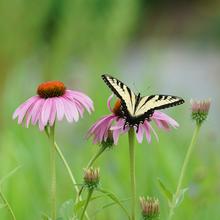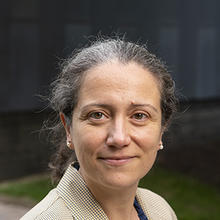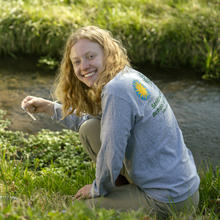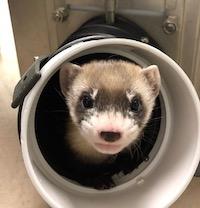- July 13, 2023
The Marvel universe isn't the only place where insects and other invertebrates have superpowers. Mason faculty, staff, and students are studying and explaining the many roles these creatures play on our planet, learning more about a bug's life—and the big world surrounding them—every step of the way. This edition of Around Mason offers a recap of some of those stories.
- January 16, 2023
Outstanding Faculty Awards recognize faculty at Virginia’s public and private colleges and universities who exemplify the highest standards of teaching, scholarship and service. The award includes a $7,500 gift from the Dominion Energy Charitable Foundation when they are formally recognized at an in-person ceremony in Richmond on March 7.
- April 28, 2022
Road salt has been touted as a lifesaver when it comes to combatting icy roads. Yet using this snow-melting mineral has a dark side once it enters waterways. Graduating senior Maggie Walker, through the Smithsonian-Mason School of Conservation (SMSC), is gathering data at local streams to influence change.
Black-footed ferrets were once thought to be extinct, until a small population was discovered in Wyoming in 1981. The species is still endangered, but scientists—including a George Mason University researcher and students at the Smithsonian-Mason School of Conservation (SMSC)—are coming to the rescue.
In December 2020, Willa, a black-footed ferret who died in 1988, was cloned using her cells that had been frozen. That clone, Elizabeth Ann, is now the first North American endangered species to be cloned in the United States. Senior Research Scientist Klaus-Peter Koepfli conducted critical research on her genetic cell line.




